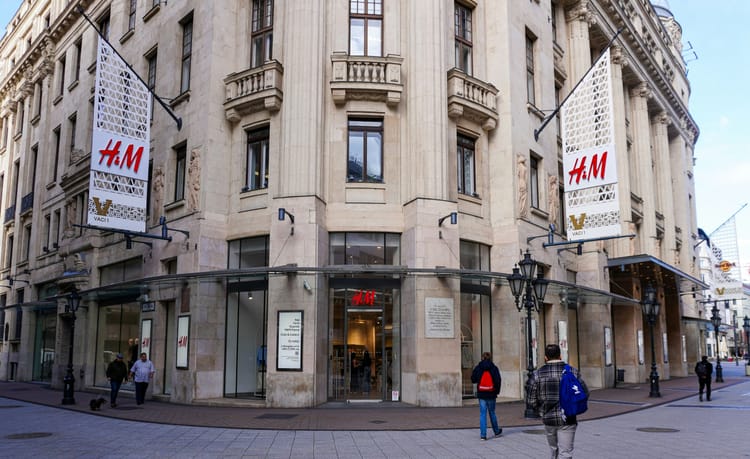CSDDD: What would a failed EU due diligence legislation mean for businesses?

A postponed vote and faltering member state support are putting the future of Europe’s Corporate Sustainability Due Diligence Directive into question, but what would a CSDDD failure mean for EU businesses?
Observers are increasingly doubtful that the EU’s flagship supply chain due diligence legislation (also known as CS3D) will make it past the finish line before EU Parliament elections this June.
After the EU Council and Parliament reached an agreement on the text of the law last December, many expected the bill to sail through the approval process. But the withdrawal of Germany, Finland and Italy’s support, on the grounds that CSDDD would add too much administrative burden to EU companies, led to the postponement of a key vote in early February – with no new date set.
Now, the last opportunity for a vote will be at the plenary session on April 22-25, but the law must first be approved by the Legal Affairs Committee, which means the Belgian Presidency has just a few weeks to garner enough support among member states. “The window of opportunity to bring a majority of EU member states on board is shrinking,” warned Richard Gardiner, Head of EU Public Policy at the World Benchmarking Alliance this week.
If the law fails to pass before this deadline, its future is even more uncertain, as many predict this year’s European elections will lead to a shift to the right and away from green parties.
Failed CSDDD: ‘Increased operational and compliance costs’
For Natalie Druckmann, VP, EMEA at AI-based supply chain management platform Certa, the lack of clear EU-wide guidelines could create more uncertainty (and costs) for businesses operating in Europe.
"Without a cohesive CS3D framework, businesses within the EU will have to tailor their compliance strategies and approaches for each jurisdiction. As a result, companies could face increased operational and compliance costs because they will have to allocate more resources to navigate and adhere to diverse national regulations,” she tells CSO Futures.
Druckmann also believes that without CSDDD, companies will be forced to lean more heavily on voluntary guidelines and frameworks, “which will lead to varied levels of reporting quality and an even greater need for existing directives like CSRD".
Many companies have been pushing for European politicians to get the law approved, arguing that it would increase the competitiveness of sustainable businesses, in Europe and beyond. Most recently, Australian billionaire Andrew Forrest, who chairs iron ore miner Fortescue, urged Germany to back the law, warning that not adopting it would also limit supply chain diversification away from China.
‘Businesses can drive the agenda’
But the most progressive businesses can still lead the way regardless of legal obligations, argues Mike Penrose, Co-Founder and Partner at FuturePlus. “The march towards a more sustainable future is now an inevitability,” he tells CSO Futures.
“As long as politicians continue to delay and obfuscate rather than do the right thing, I call upon those 16,000 largest companies in the EU (that would be subject to CSDDD regulation) to grasp the opportunity that’s being presented to them. It’s time for them to lead the way here – whether they are obliged to by the CSDDD or not – and show the rest of the world what truly sustainable business looks like, across five key themes: Climate, Environment, Social, Economic, and Diversity and Inclusion.”
Penrose believes that Europe’s recent sustainability backtrack is due to energy security fears, primarily related to the war in Ukraine, but that the debate around CSDDD has also been too narrowly focused on carbon emissions.
“Unless we consider all aspects of sustainability – including social and economic, and not just climate – then we will miss the opportunity for real, tangible change. Climate action must prioritise fairness and equity, ensuring that the benefits and challenges of addressing climate change are shared justly across nations and generations,” he adds, urging Chief Sustainability Officers to do as much as they can to advance this holistic approach to sustainability.
“Ultimately, it will be the actions of Europe’s most progressive businesses in championing sustainability that will truly drive the agenda in the coming months and years.”
Read also: Supply chain sustainability and social impact - More integration needed







Member discussion